Domestic violence and abuse are pervasive issues affecting individuals globally. While women are often seen as primary victims, it is crucial to recognize that men can also fall prey to spousal abuse, marital mistreatment, and physical harm. Unfortunately, the label “abusive partner” is rarely acknowledged, perpetuating the misconception that men are not susceptible to domestic abuse. Many people undergoing control or abuse by their spouses may be unaware of the situation or reluctant to seek help due to societal judgment or misunderstanding. This article endeavors to offer guidance and support for those facing domestic abuse from their partners, husbands, or wives, irrespective of their relationship orientation.
9 Signs of an Abusive Partner and Strategies for Self-Protection
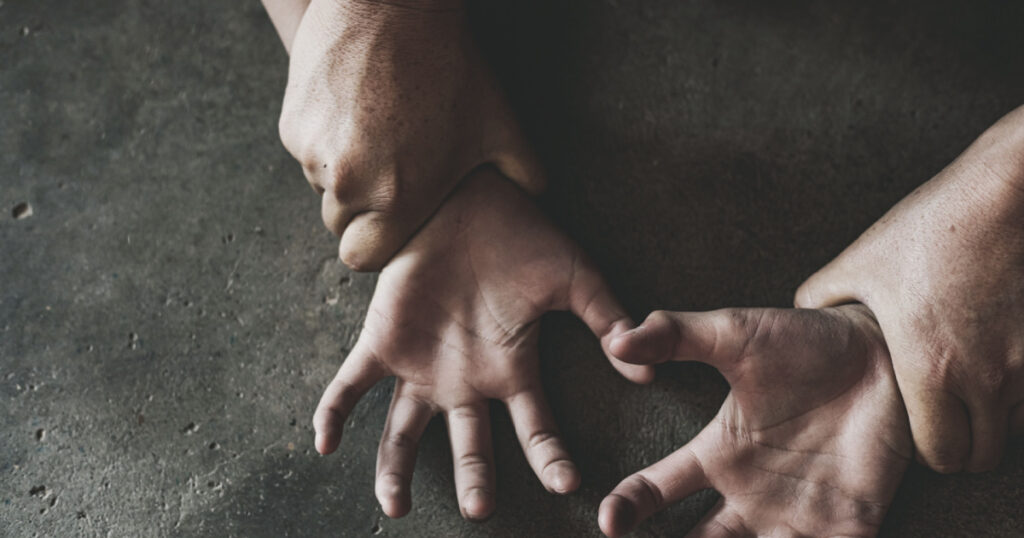
For those experiencing domestic abuse at the hands of their partners, remember that help is available. By reading on, you will gain valuable insights and information to navigate this challenge and access the support needed to reclaim control over your life.
Constant Belittling or Insults

If your partner consistently belittles or insults you, whether privately or in public, it may signify abusive behavior. Seek help and support to address this emotional abuse, as everyone deserves respect and kindness in a relationship.
Controlling Every Aspect of Your Life
A partner exerting control over every aspect of your life indicates an abusive relationship. Reach out to trusted friends, family, or professionals for assistance, as autonomy is essential for a healthy life.
Physical Violence or Threats
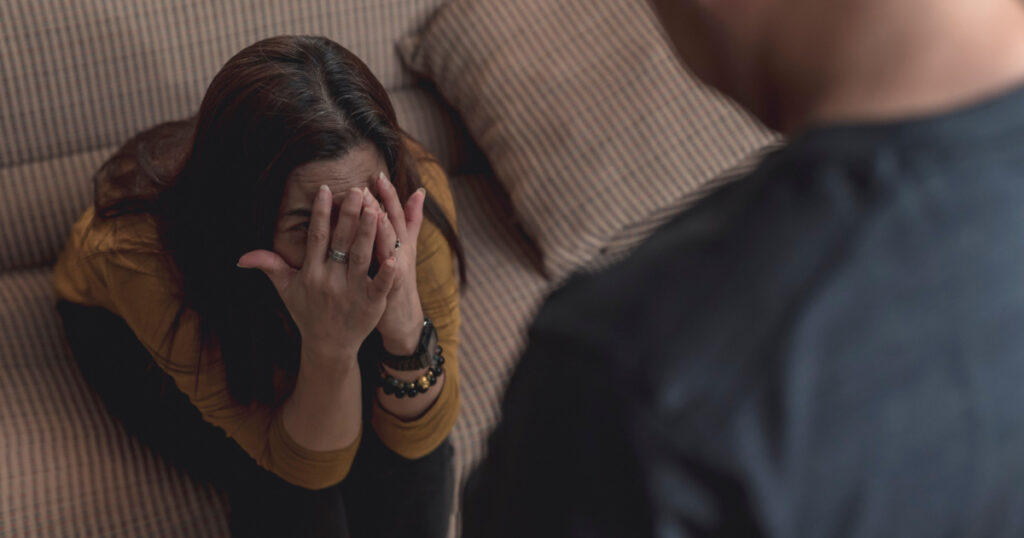
Frequent physical violence or threats from your partner is a clear sign of abuse. Seek immediate help from professionals, law enforcement, or trusted individuals, as everyone has the right to live free from harm.
Extreme Jealousy and Possessiveness

Unwarranted accusations of infidelity coupled with extreme jealousy and possessiveness signal an abusive relationship. Seek support to maintain healthy connections outside of your marriage.
An abusive partner creates Isolation from Friends and Family
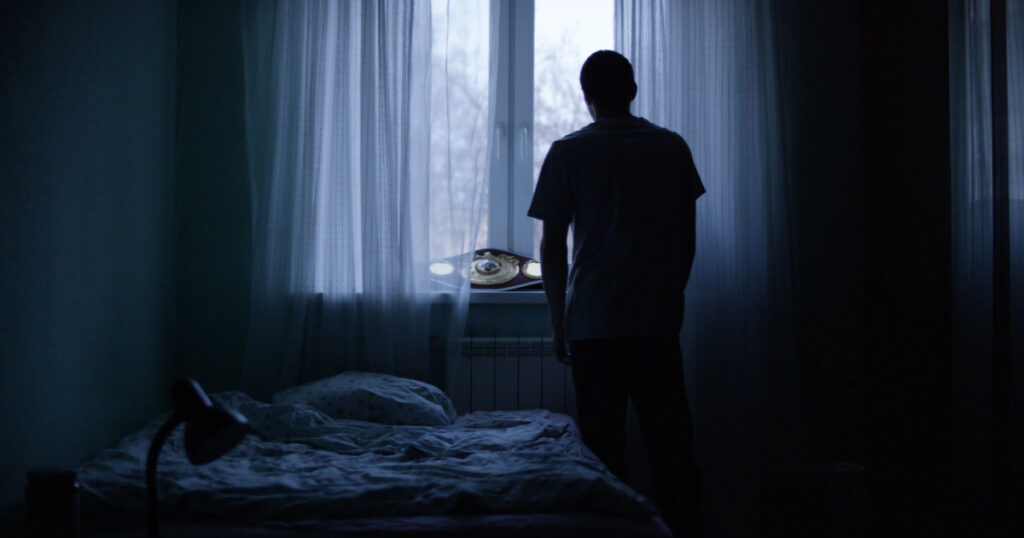
If your partner isolates you from friends and family, it is controlling and abusive behavior. Reach out to trusted individuals or professionals to regain autonomy and connection with others.
Monitoring Activities Obsessively

Obsessive monitoring of your activities is a sign of abusive behavior. Seek help to regain privacy and safety, as everyone has the right to personal space.
Using Their Body for Control
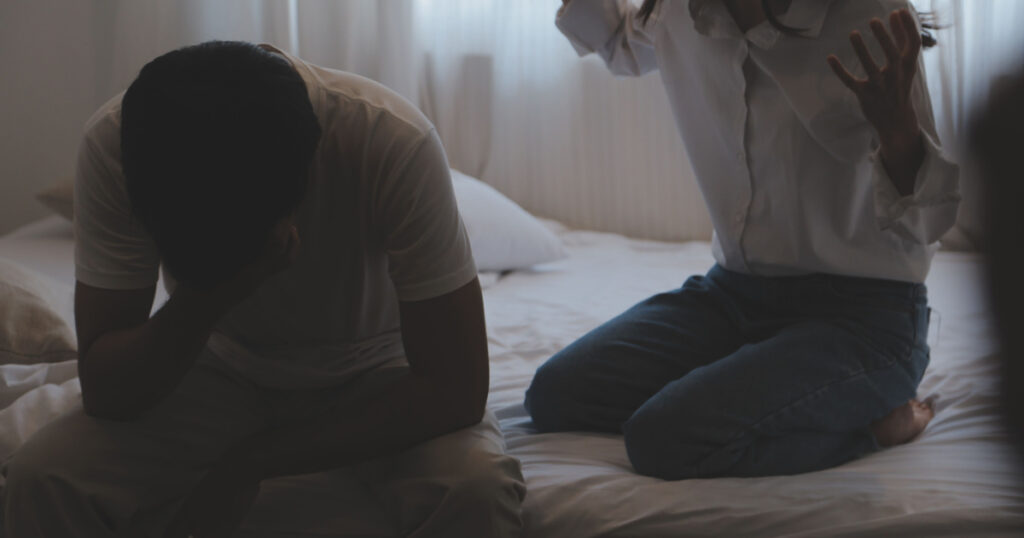
Wives using their bodies as a tool for control engage in physical abuse. Seek support to escape such situations and regain control over your own physical experiences.
An Abusive Partner Would Blame You for Relationship Problems

If your partner consistently blames you for relationship issues, it is a form of manipulation. Seek help to affirm your self-worth and autonomy, as everyone is responsible for their actions in a relationship.
Threats to Harm Themself or Your Children
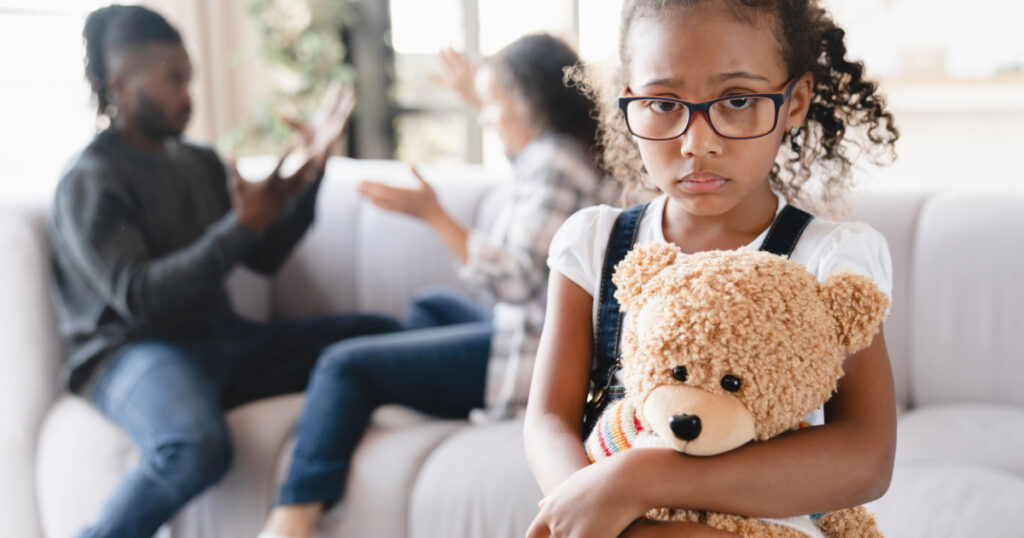
Threats to harm themself or your children upon leaving the relationship constitute severe emotional abuse. Contact local authorities, professionals, or trusted individuals to ensure your safety and the safety of your children.
Remember, you are not alone

Seeking help is a crucial step toward breaking free from an unhealthy or abusive situation. If you identify with any of these signs, it is crucial to seek assistance and support promptly. Domestic abuse is never tolerable, irrespective of gender, and there are available resources to aid you in exiting a perilous situation.